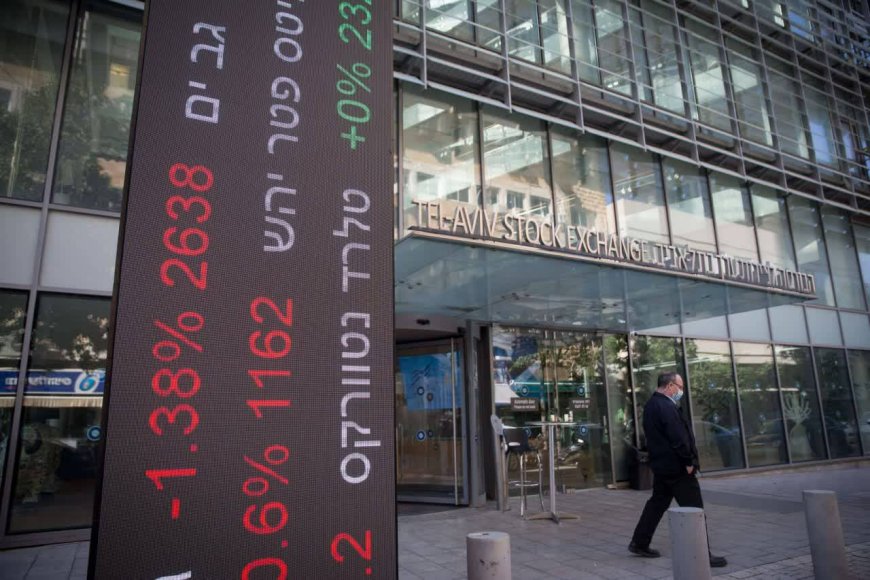Foreign Investment Plummets in Israel: What Lies Ahead for the Zionist regime's Economy?
Foreign Investment Plummets in Israel: What Lies Ahead for the Zionist regime's Economy?

Since assuming office, the far-right coalition in Israel led by Benjamin Netanyahu has proposed sweeping judicial reforms. These reforms aim to grant the cabinet greater authority in the selection of judges in the Israeli Supreme Court and curtail its power to overturn legislation.
However, these reforms have raised significant concerns among investors, resulting in a decline in foreign investment in the occupied territories. Today, Israel witnesses a climate of uncertainty as numerous investors have scaled back or canceled their investments due to the prevailing political upheavals.
Renowned high-tech companies, including the American-Israeli cybersecurity firm Wiz, have recently publicly announced their decision to withdraw capital from the occupied Palestinian territories and halt further investments. This move directly reflects investors' apprehension regarding the Israeli government's proposed judicial reforms.
According to a senior source within Israel's Ministry of Finance, foreign investment has experienced a shocking 60% decline. This significant decrease can be attributed to investor concerns regarding Netanyahu's judicial reform plan.
Data collected by the Israeli Ministry of Finance in 2023 reveals a substantial downturn in foreign investment, amounting to approximately $6.2 billion, which reflects a nearly 60% drop compared to the average of each quarter between 2020 and 2022. Furthermore, the number of transactions and investors has plummeted by a third compared to previous years. Similarly, data from the Israeli Central Bureau of Statistics (CBS) indicates that total foreign direct investments in the Zionist regime during the first quarter of 2023 amounted to approximately $4.76 billion, marking a sharp decline of approximately 34% compared to the average quarter between 2020 and 2022. The recent report by CBS also sheds light on a noteworthy decline in the average value of exit transactions observed in the first quarter of 2023. This decline has been staggering, with a nearly 80% drop from $307 million in exits recorded between 2020 and 2022 to a mere $56 million in the third quarter of 2023.
This decrease in exit transaction values signals a significant shift in the financial landscape and raises concerns about the overall health of the Israeli economy and market. The volume of the world's largest investors, the United States and China, witnessed a decline of 21% and 48%, respectively. To further compound the situation, foreign investment in the economies of the Organization for Economic Co-operation and Development (OECD) experienced a 26% decrease in 2022. Interestingly, the fall in investment in Israel's advanced technology sector cannot solely be attributed to the decrease in American and European investors. A study conducted by the Harel-Hertz Investment House consulting company reveals that Japanese investment in Israel has also dramatically slumped, experiencing a 20% drop in the first half of 2023.
On the other hand, Israel's advanced technology companies attracted $1.7 billion in capital during the first quarter of the year, representing a 70% plunge compared to the first quarter of 2022 ($5.8 billion). This marks the lowest amount of fundraising in the past four years.
As a direct consequence of the fall in foreign direct investment, the value of the Israeli shekel against the dollar has reached its lowest level in the past three years. While some analysts attribute the decrease in investment in occupied territories to factors such as the war in Ukraine, rising raw material prices, and the ongoing impact of the COVID-19 pandemic on global supply chains, it is evident that inefficiency, political instability, and the chaos surrounding judicial reforms have significantly impacted Israel's economic growth. The Zionist regime is facing unprecedented challenges, losing European allies one by one, while the United States, despite continued aid, no longer prioritizes Israel as it did before.













































